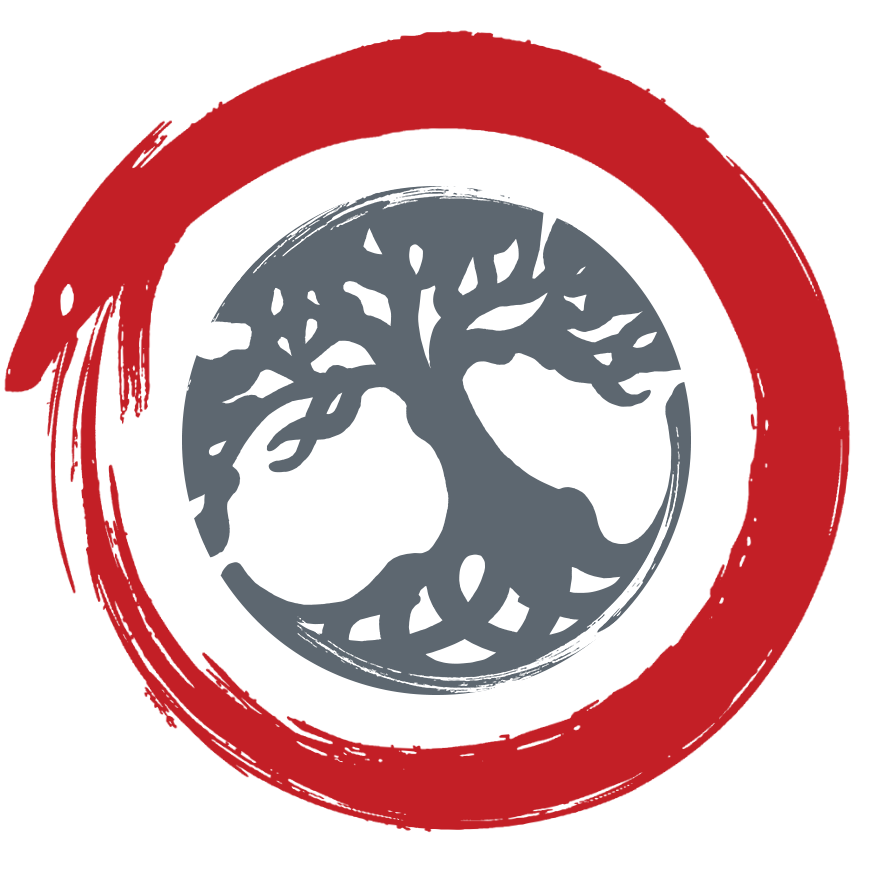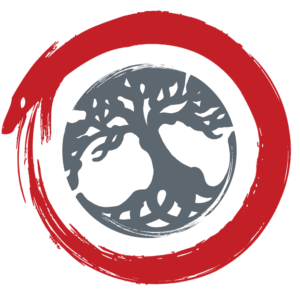Recovery from addiction involves deep self-exploration that promotes empowerment and personal growth. People can discover their true essence and find meaning in their lives through this transformative process. It pushes people to face their shadow selves and integrate their unconscious desires, which ultimately results in a deeper comprehension of their core driving forces and behaviours.
With its web-like hold on people, addiction has a tremendous negative impact on their lives. Admitting and accepting one’s addiction is the first step on a transformative road to recovery. This article reveals the profound process of self-discovery and personal development that comes along with escaping the grip of addiction by examining the complexities of addiction recovery through the prism of Jungian analysis. We explore the different phases of recovery, from looking for support and going through detox to mending broken relationships and thriving in sobriety. We identify the archetypal patterns and symbolic changes that people experience as they travel down this transformative path by integrating Jungian concepts.
Acknowledging and Admitting Addiction According to Jungian analysis, facing one’s shadow self—the repressed and disowned aspects of one’s psyche—is a necessary step in coming to terms with addiction. People can experience healing and personal growth by accepting the dark side of addiction. This process of acknowledgment is comparable to the « individuation » journey, in which a person faces their unconscious selves in order to find integration and wholeness.
Getting out of the grip of addiction is a Heroic quest where you need to face the darkest part of yourself. Like every hero, you need to find allies through the 12 Steps recovery community, professionals (addiction counsellor, GP, Psychiatrist), and Family. Although family may not be the best recovery support because of how their loved one’s addiction has affected them, they are unquestionably a crucial source of love and understanding in majority of the cases. Generally, families also need support to make sense of what is happening and navigate through the challenges they face.
The twelve-step programmes can also be seen as a valuable resource for individuals seeking recovery from addiction. We can see a lot of Jungian concepts in action through the 12 Step Programme ecosystem. We can speak about the wounded healer archetype in action through the sponsoring, the old clean-timers as the wise men. They provide guidance and support to those in early recovery, embodying the wisdom and experience that come from long-term sobriety. They play a crucial role in helping others navigate the challenges of addiction and find their own path to healing and sobriety. All the present and past members of the Twelve Steps Fellowship create a collective experience that shapes the recovery journey of their members. Often, a big part of the journey will be getting in touch with the internal opposite gender aspect of the individual , allowing for a deeper understanding and integration of oneself. It’s the Jungian concept of « animas-animus. »
Some will need the bigger input of professionals like rehab, GPs, psychiatrists, and addiction counsellors, who will help you make this process safe and increase your chance of long term recovery. It’s important to note that recovery is an individual process. It may look different for everyone. In my experience as a professional and being in recovery myself, I think a combination of a 12-step programme with some professional guidance will provide you with an optimal chance to continue recovery.
At Philippe Jacquet & Associates, We help thousands of people over the year to achieve continued recovery, We are based in Harley Street, Mayfair, Colchester, and online. You don’t need to fight this battle alone, Call us to get information on our addiction counselling.
Skip to content
Skip to footer

